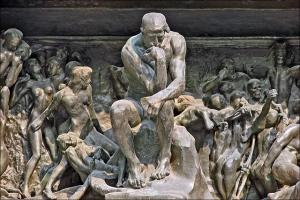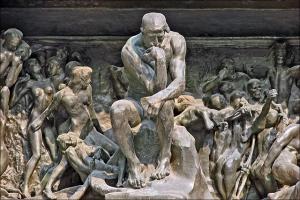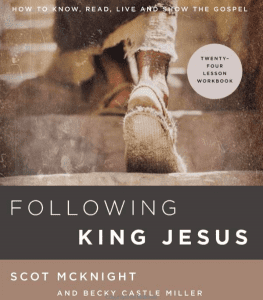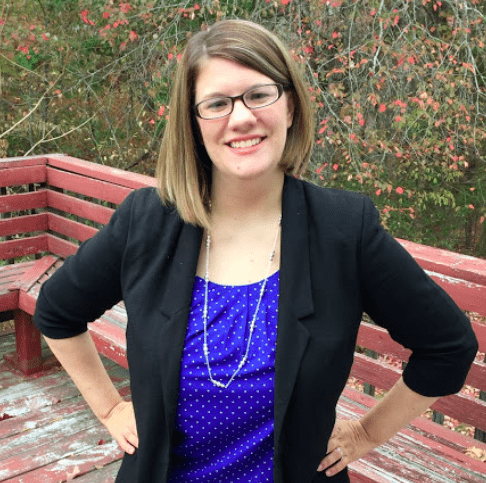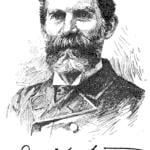By Julie Close
I live in Flushing, Michigan
I’m the Director of Finance & Marketing (for a small consumer research/marketing company.)
I haven’t written a book. Yet.
I haven’t recorded an album. Yet. 😉
My journey to seminary began years ago, but happened in a moment.
I’m a learner. I’ve wanted to go to seminary for a long time, but it just didn’t seem possible. I have a job here in Michigan. I’m married to a pastor. We’ve been in ministry together for a lot of years. We’ve raised two daughters and just finished putting both of them through college. I couldn’t just pick up and go to seminary.
Further, I had ZERO interest in doing a typical online program. I’d taken a few “thread-based” courses, but they were neither interesting nor engaging. I love the classroom setting – hearing from the professor, engaging in dialogue with my classmates. But, I can’t move to go to seminary.
I’m an ordained minister/elder in a denomination that, from its inception, ordained women. In May of 2017 in a Facebook group for “ordained women clergy,” one of the group members (Tara Beth Leach) posted that she would be co-hosting in a webinar on “Women Leading in the Church” (https://www.seminary.edu/sheleadswebinar/). This is a topic close to my heart, so I registered.
For more information about studying with us,
reach out to our admissions department
or visit the website anytime
at www.seminary.edu/mant/.
Spots are open, so apply today!
The webinar was great, but what really grabbed me was the promo at the end. Scot McKnight, the co-host and professor at Northern Seminary, mentioned the Masters of Arts in New Testament (MANT) program. Through “Northern Live,” their innovative new live-streaming option, you can “go” to seminary without going anywhere! This is what I’ve been waiting for!
I pondered it …talked to people… sat on it for a couple weeks, (prayed about it… obviously…) but it did not let go of me. It seemed like a big step and an enormous commitment. Will this fit with my life? My job? Am I up to it?
In the summer of 2017, I applied, was accepted and admitted to the 2017 MANT cohort. I was 54 when I began. It was thrilling and terrifying all at the same time. I’ve always been a good student, but I’ve been out of school for a long time.
I’m almost halfway done and the learning has been tremendous. Not only do I have the privilege of sitting under the teaching of world-class theologians, but I’ve built relationships with members of my cohort who’ve become precious friends. My professors are not interested in learning just for the sake of knowledge, but rather, scholarship for the sake of the Church and its mission in the world.
CONTEXT IS EVERYTHING
The MANT program has expanded my understanding of scripture by teaching and underscoring the importance of the context of scripture. Too often, the Church (me included) has taught scripture from a modern, Western mindset: we interpret it through the lens of our culture and our time. But our culture, our thinking, our writing is so vastly different from the ancient cultures of either the Old or the New Testaments. Immersing oneself within these ancient contexts (to the extent that it’s possible) offers a richer, fuller, more authentic interpretation of the story of God. Understanding what was happening in the first-century Church is important to understand why Paul, for example, said what he said. Context is everything.
BOOKS
SO many books! (…and, stacks of books that I want to read when I have time!)
MY THEME SONG
The more I learn, the less I know. (Doodah, doohah…)
The more your horizon expands regarding theology, history, cultures, etc., you begin to get glimpse of all there is to know and understand…and how much there still is to learn. You begin to wonder what’s over the horizon. (But, don’t stare at the horizon too long. You’ll quit.)
VALIDATION
Northern Seminary supports… no, more than supports… Northern advocates for women in ministry and leadership. Northern advocates for minorities and people of color. Northern teaches what scripture teaches: that the gospel is for everyone; that the Church (as God imagined it) is diverse and inclusive and unified; that it’s gender-blind and color-blind. Northern practices what it teaches. I love that.
FAQ
When people find out I’m in a seminary program, the most frequently asked question has been, What will you “do” with it?? (…as in, How will this degree advance you? What’s the point?)
Great question. I have no idea.
My undergrad is in Business & Finance. I’m the Director of Finance for a company that conducts consumer research for small to mid-sized brands. I’m privileged to work remotely (aka, I work from home), but this is not where my heart or my passion is. (Shhh!!)
As I mentioned, I’m an ordained minister. God called me to ministry when I was 43. I wasn’t looking for it or hoping for it. Frankly, it seemed unnecessary. I’d already been “in” ministry with my husband for 20+ years. God wouldn’t take “no” for an answer. So, I pursued it; I studied, completed the requirements (it took 9 years), and was ordained.
But, I’m a woman.
My husband is on staff at our church (worship pastor), but there is little space for me to exercise my gifts within my congregation. At best, I’m viewed as an appendage to my husband’s ministry. At worst, I’m either not taken seriously or viewed as a threat. This mystifies me.
So – even in a denomination that has historically ordained women, even within the cultural shift of “women’s empowerment,” my “call” remains unfulfilled. We know God called us both; we believe God can figure out how to use us both. We continue to explore options and opportunities, waiting for whatever is next.
This is where Northern comes in. What am I going to “do” with my MANT??
Who knows. Right now, I’m doing it for me.
I am strengthening myself – building my muscle-memory, expanding my knowledge, increasing my confidence, SO THAT if the time comes… if I have the opportunity… I’ll be ready.





